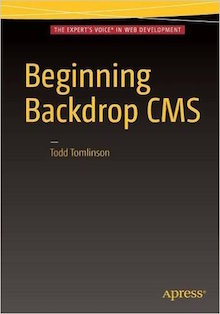In 2013 the Drupal project began work on Drupal version 8. While upgrading to new major versions of Drupal had always been challenging, Drupal 8 introduced far more changes than previous releases. Drupal 8 changed, replaced, retired and/or augmented many of the technologies that formed the basis of Drupal, and by extension the sites that were built on top of it.
Because of the difficulty of moving code to the new architecture, Drupal 7 sites have been very slow to migrate to new revisions. Drupal 8 was released in 2015, but seven years later there are still more Drupal 7 sites live on the web than there are sites built on top of the later versions:
(Source: https://www.drupal.org/project/usage/drupal)
So what options do Drupal 7 site owners have?
- They can stay on Drupal 7. Officially support for Drupal 7 is scheduled to end November 1, 2023. While there is some chance this will be extended (as it has been previously) at some point this will end, and when it does it will become more difficult to maintain a working Drupal 7 site. As it is, new features are not being developed for Drupal 7, so it will become increasingly more difficult to maintain a modern and performant site in Drupal 7.
- They can update to a supported version of Drupal, which currently means versions 9 and 10.
- They can move to an entirely different platform, like WordPress or Wix.
- They could choose to turn it into a "static" version, or simply just shut the site down entirely.
- They could upgrade it to Backdrop CMS, and continue indefinitely with the same fundamental architecture they were using before.
Perhaps we're biased, but we believe that many (most?) D7 site owners would be best served simply upgrading their sites to Backdrop

